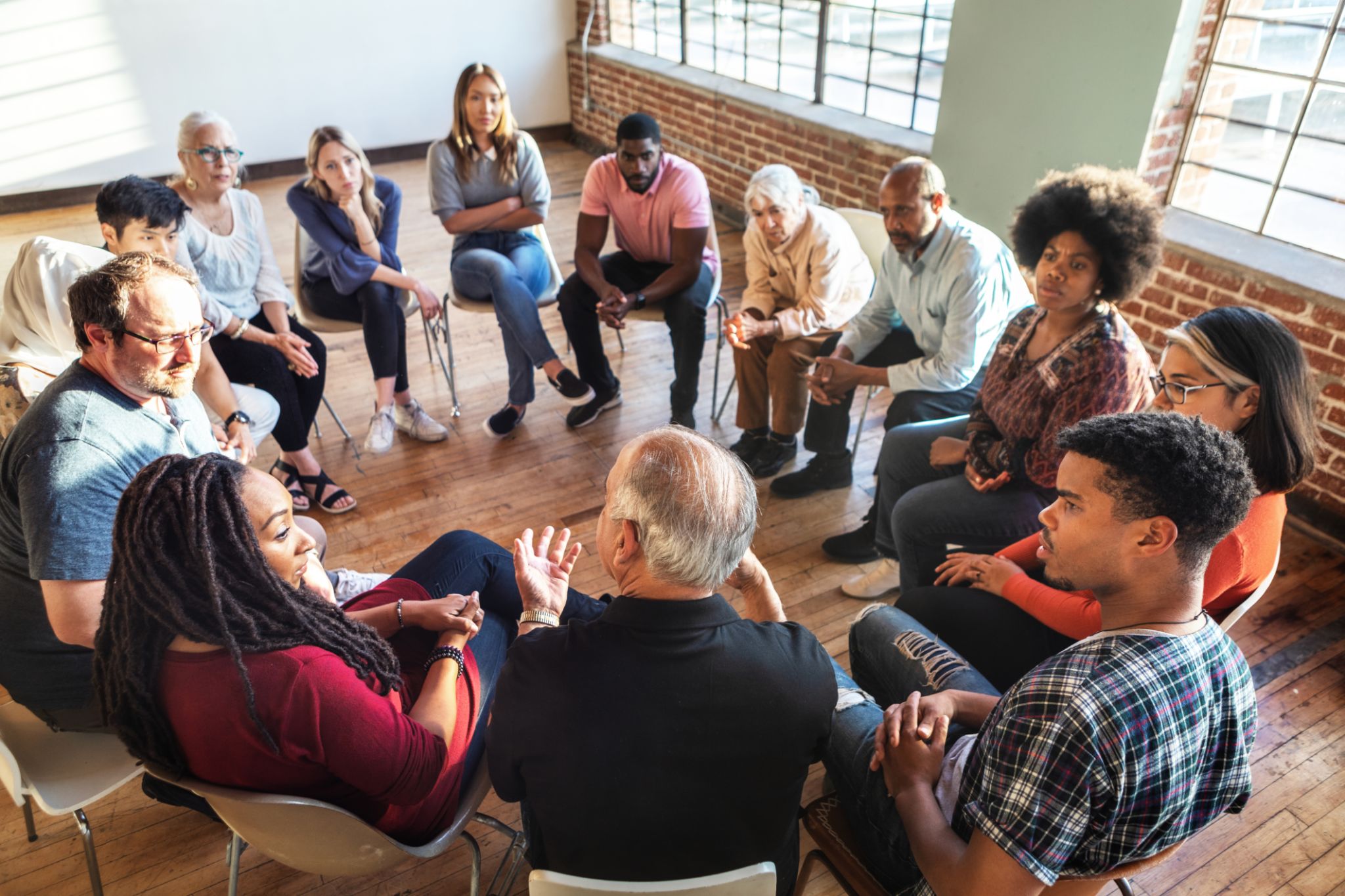The Power of Strong Social Connections for Mental Well-Being
The Importance of Social Connections
In today's fast-paced world, it's easy to overlook the importance of maintaining strong social connections. Yet, these relationships play a crucial role in our mental well-being. Social connections provide emotional support, reduce stress, and enhance our sense of belonging. The power of connection is immense, impacting not only our mental health but also our physical health and overall quality of life.

How Social Connections Impact Mental Health
Studies have shown that individuals with robust social networks tend to experience lower levels of anxiety and depression. Social connections can help buffer the effects of stress, providing a sense of comfort and reassurance. When we connect with others, our brain releases oxytocin, a hormone that promotes feelings of happiness and reduces stress levels.
Moreover, having a strong support system can increase resilience against life's challenges. Whether it's a supportive friend, a caring family member, or a trusted colleague, these connections offer a safe space to share experiences and seek advice. They remind us that we are not alone in our struggles.
Building and Strengthening Social Connections
It's essential to actively foster and nurture our social connections. Here are some ways to build and strengthen them:
- Reach Out Regularly: Make an effort to stay in touch with friends and family, whether through phone calls, texts, or social media.
- Join Clubs or Groups: Participate in clubs or groups that align with your interests to meet like-minded individuals.
- Volunteer: Volunteering offers a great opportunity to connect with others while contributing to a cause you care about.

The Role of Technology in Social Connections
In the digital age, technology has transformed the way we connect with others. Social media platforms allow us to stay connected with friends and family across the globe. While technology can enhance our social connections, it's important to use it mindfully. Excessive use can lead to feelings of isolation or comparison. Passively scrolling or liking your friends' posts is not the same as meaningfully engaging with others online.
Balancing online interactions with face-to-face meetings is crucial. Face-to-face interactions provide non-verbal cues such as body language and facial expressions, which are vital for building deeper connections.
The Ripple Effect of Strong Connections
The benefits of strong social connections extend beyond individual well-being. Communities with strong social ties tend to have lower crime rates, higher levels of civic engagement, and improved overall health outcomes. These connections foster a sense of community and collective responsibility.

Investing time and energy into nurturing social connections can lead to a happier and more fulfilling life. Whether it's through regular catch-ups with friends or participating in community activities, the effort is well worth the reward. After all, human connection is at the heart of what it means to thrive.
